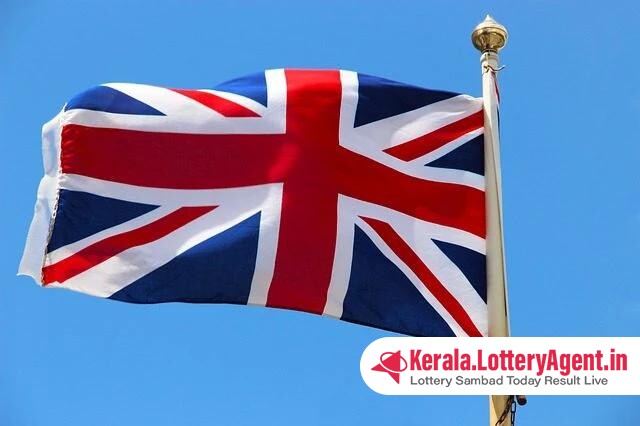
A recent gambling survey in Great Britain has revealed that 48% of respondents have engaged in gambling activities within the past four weeks. However, this percentage plummets to 27% when the individuals who participate exclusively in lottery play are not taken into account. Among this demographic, more than a fifth had played only lottery games.
The aforementioned 48% figure represents a negligible decrease from the 49.5% reported in the survey’s last experimental phase in November. The trend is uniformly observed both across online and brick-and-mortar gambling venues. While 38% reported using the internet for gambling in the past month, consistent with prior data, this figure drops sharply to 16% if lottery-only participants are omitted. Likewise, in-person gambling falls from 29% to 18% without lottery players.
This survey is part of the first segment of the extensive annual Gambling Survey for Great Britain (GSGB), which samples the opinions of 20,000 people, making it a paramount project in global gambling research. The initial wave, focusing on gambling participation, encompassed roughly 4,800 respondents, with data collected between July 31 and November 16 of the previous year.
A standout finding is the National Lottery’s dominance in the gambling sector, with tickets being purchased by 31% of those surveyed, encompassing 24% online purchases and 17% in-person. National Lottery scratchcards also had a significant uptake, purchased by 12% of participants. Other charity lotteries were popular, with 16% buying tickets, importantly online (14%) versus in-person (6%).
Lottery, particularly appealing to older ages, saw 39% of individuals aged 75 and above engaged in gambling, a statistic significantly reduced to 12% among lottery-only gamblers. Interestingly, this contrasts with the 18 to 24-year-olds, where excluding lottery-only players results in a smaller decrease, from 39% to 33%.
Excluding lottery players, in-person gambling clocks in a higher participation rate at 18%, compared to 16% for online gambling. This land-based betting exhibited a nearly equal split between male and female participants, with 19% of men versus 18% of women, when lottery-only gamblers were not included.
Other than lottery games, online instant win games were also favored by 7% of participants in the past month, with the National Lottery’s online games accounting for 6%. Sports betting was favored by 10% of respondents, predominantly online (9%). Football betting tops sports bets placed, with horse racing and in-play markets also being notable areas of interest.
The recent implementation of a £5 stake limit on online slot games, with a further restricted £2 cap for under-25s, has resulted in only 3% of participants engaging in these games. Casino games equally drew 3%, while a mere 1% bet in land-based casinos.
Bingo engaged 5% of respondents over the four weeks, and football pools and private betting had participation levels of 2% and 3%, respectively. A gender analysis showed that men led the gambling scene, with 53% of men compared to 43% of women gambling in the past four weeks. However, female participation indicated a decline from 47% previously noted in November.
The survey highlights that younger males tend to gamble more frequently excluding lottery play, and the disparity is more pronounced in the 18-24 age bracket. Furthermore, the highest overall gambling engagement is among males aged 45 to 54.
An interesting finding is the attrition in online gambling as age increases, with zero participation among the older demographics when lottery play is discounted.
The principal motivation for gambling, cited by 86% of participants, is the aspiration to “win big money.” The pursuit of gambling as a means to escape boredom or acquire enjoyment were also popular reasons mentioned.
In terms of overall perspectives, the survey shows a neutral view with a plurality selecting a middle-of-the-road rating in their attitudes towards gambling during the past 12 months.
Improvements in data gathering and research validity have been a focus since 2020, with the GC issuing a paper on evidence gaps and study priorities for a three-year period, aiming to delve into issues like gateway gambling products and the repercussions of gambling harms.
Advantages of GSGB include the survey’s cost-effectiveness and diminished sensitivity to skewing by significant sporting events due to its rolling methodology. Its challenges include a reduced response rate relative to face-to-face surveys and the possibility of overrepresentation of gamblers.
The study underwent rigorous testing phases, an independent review, and adopted several recommendations for future research directions. However, some industry insiders express ongoing reservations about statistical accuracy.
With three more waves scheduled throughout the year, the GSGB will provide extensive data sets to understand gambling behavior. The GC aims to consolidate and publish this data as official statistics, striving to offer a more nuanced and impactful analysis of gambling trends in Great Britain.












